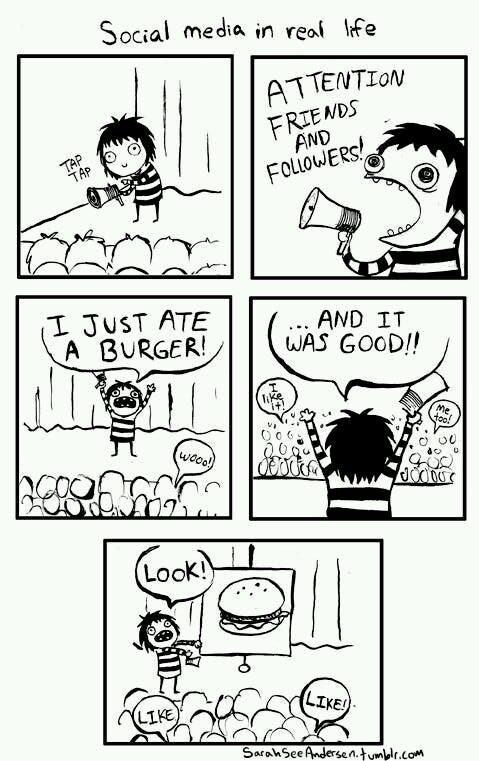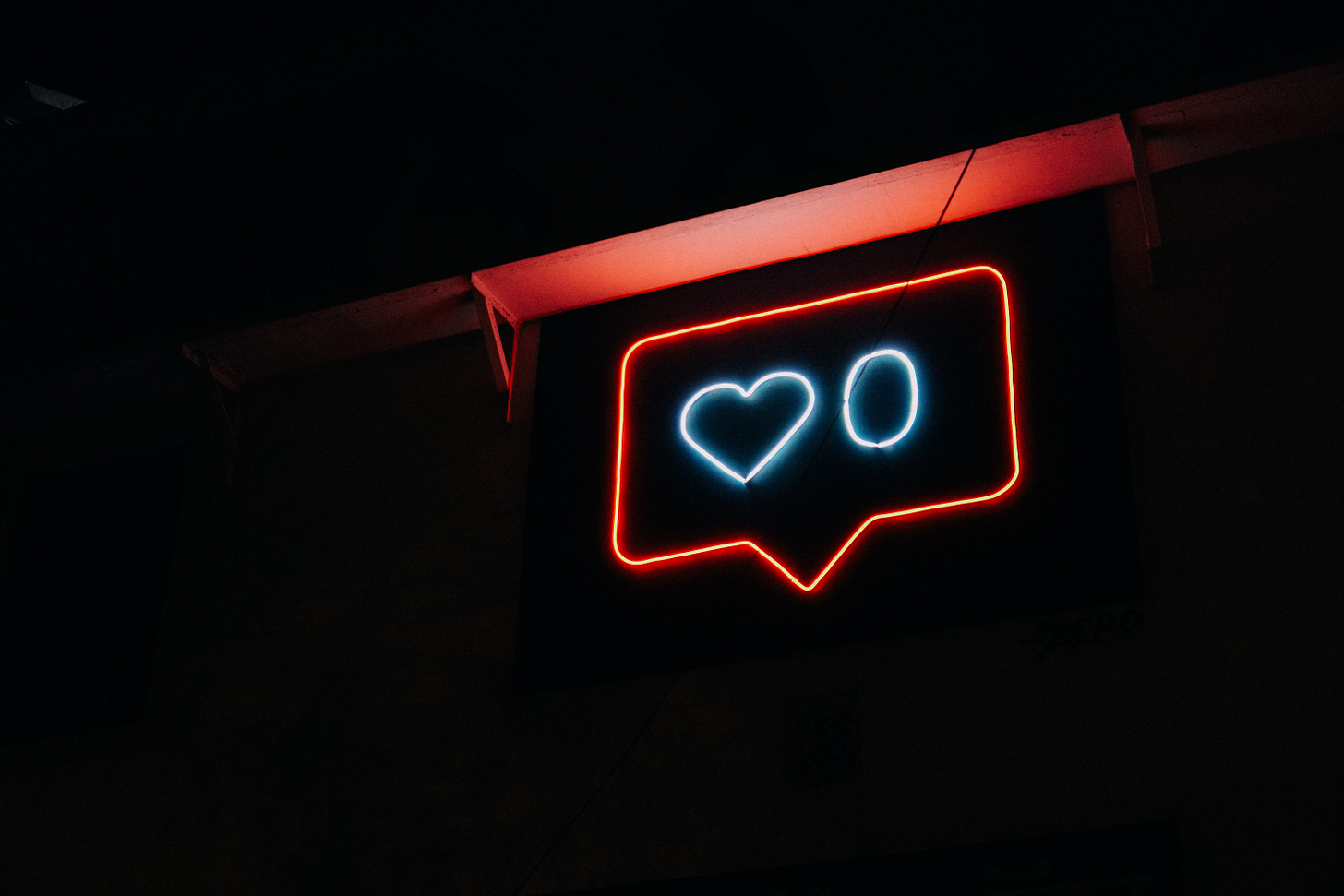If you don’t use social media these days, you’re probably in the minority. Whether it’s Facebook, Twitter, or Instagram, most people use social apps to communicate with the world. The benefits are obvious: Staying in touch with people, keeping up with social news, and posting fun messages. But what are the costs? Are online social networks making people depressed and vulnerable, or are these concerns completely overblown?

Does social media cause unhappiness?
The link between social media and life satisfaction turns out to be rather complicated. Some studies have suggested a troublesome relationship, in which spending more time on a social networking app correlates with feeling worse in daily life. For example, one study in 2018 found that people who spent more time scrolling through their social media feeds felt lonelier and more exhausted in their daily life. Similarly, a 2016 scientific review suggested that social media encourages people to compare themselves to others in a way that makes them envious and depressed.
But the story isn’t over yet. Most of the evidence is correlational, which means we know that social media can be linked to poor emotional outcomes but not necessarily that social media causes poor emotional outcomes. Even the correlations themselves are uncertain. An analysis in 2019 suggested that the connection between social media and sadness is weak at best, and that if anything, overall social media usage only slightly predicts bad outcomes for life satisfaction. In other words, the effects may be small enough that they’re not worth worrying about.
So what’s going on exactly? More evidence will clear up the issue, but it looks as though our relationships with social media are more nuanced than we originally thought. It’s not that everything you do on Facebook and Twitter is bad. It’s that you need to use it the right way if you want to be happy. The least healthy activities on social media involve passive scrolling through your news feed and comparing yourself to other people. Communicating directly with friends is likely to be less harmful, and probably a net benefit.

How to be happy with social media
Just because some aspects of social media are unhealthy doesn’t mean you need to give up your apps altogether. Here are 3 suggestions for minimizing social media pains without getting rid of your accounts entirely:
Try longer breaks than you normally would: What’s the longest you’ve gone in the last couple of months without checking your profile updates? 3 days? 1 day? 10 minutes? Whatever your number, try doubling it when you next log off and take notice of whether there are any emotional benefits to checking your notifications less regularly.
Mute or get rid of your bad connections: Some friends and connections are healthier than others. If you feel as though a particular person’s messages make you feel worse overall rather than better, do something to prevent their messages from popping up in your feed. Ultimately, you want an account that consistently makes you feel good after you use it.
Don’t compare yourself to others: People typically present idealized versions of themselves on their social accounts. They trim away the hard times and post the pleasant moments, so comparing your own life to someone else’s will be neither helpful nor accurate. Make sure you’re focusing on the activities that make you happy online, and dump the activities that don’t. Your social accounts should be tools that you use to improve your life, not addictions or emotional traps that control you.
Brainstorm vs Green Needle
Social media is great at spreading thought-provoking content around the world in an instant and getting people’s reactions to it. For example, do you remember the viral dress picture back in 2015, where people couldn’t agree whether a dress was blue and black or white and gold? The dress phenomenon inspired several neuroscience papers trying to understand how the brain can produce different perceptions of the same picture.
You can experience a similar audio phenomenon in the video below. The device makes a sound, which you either hear as “brainstorm” or “green needle” depending on which phrase you imagine in your mind each time you start the 4-second video. Give it a go yourself and see how much your expectations change your perceptions.
That final quote
Final words go to Ralph Waldo Emerson, who saw the problems of having too much information long before social media arrived.
“There are many things of which a wise man might wish to be ignorant”
― Ralph Waldo Emerson
❤️Please spread the word among friends who might like The Brainlift by forwarding this newsletter. If you’re new here, sign up below or visit erman.substack.com ❤️
Erman Misirlisoy, PhD
Like The Brainlift on FACEBOOK
Follow me on TWITTER
Follow me on MEDIUM
Connect on LINKEDIN



